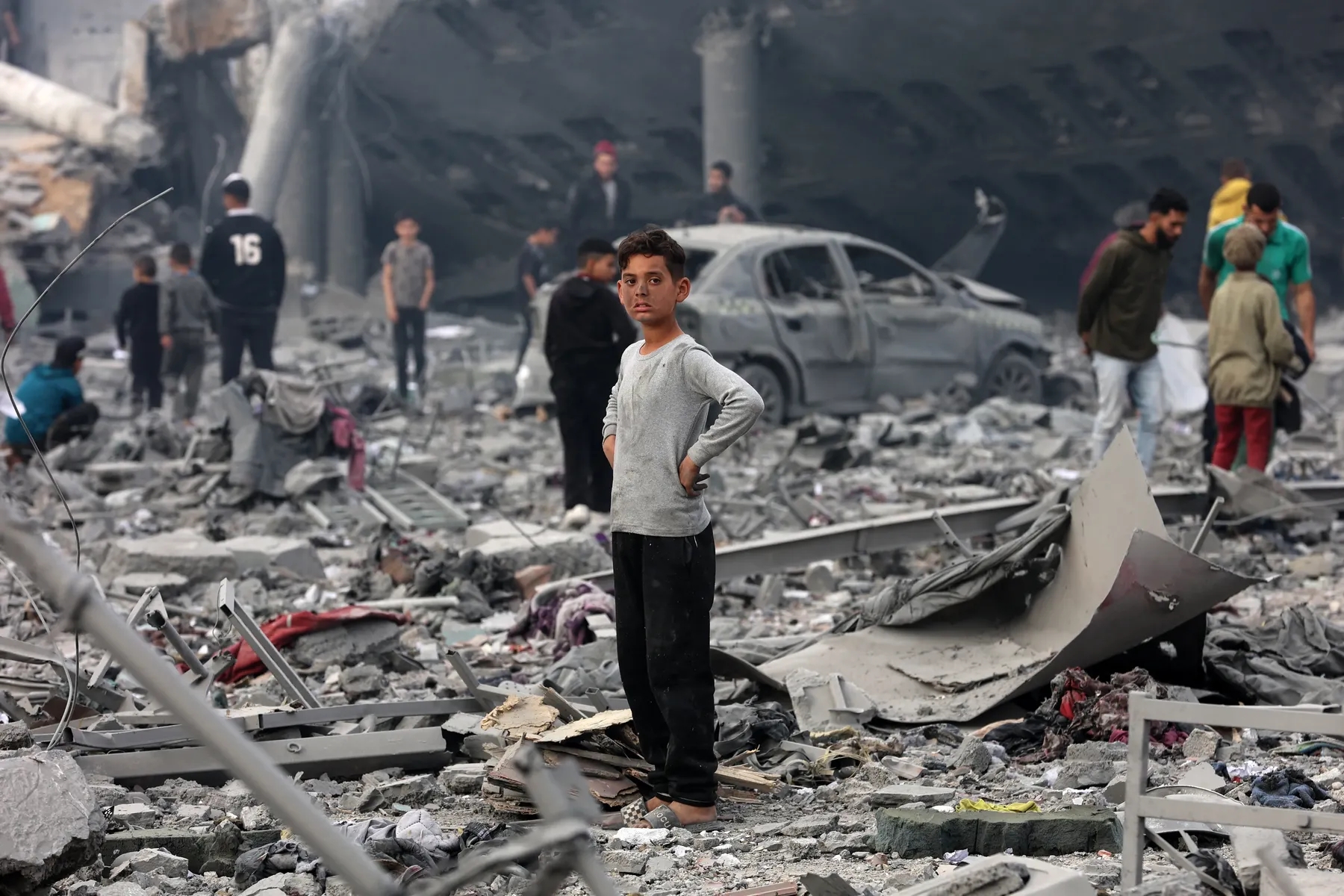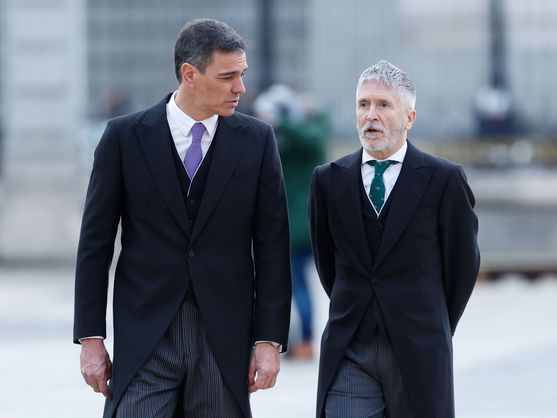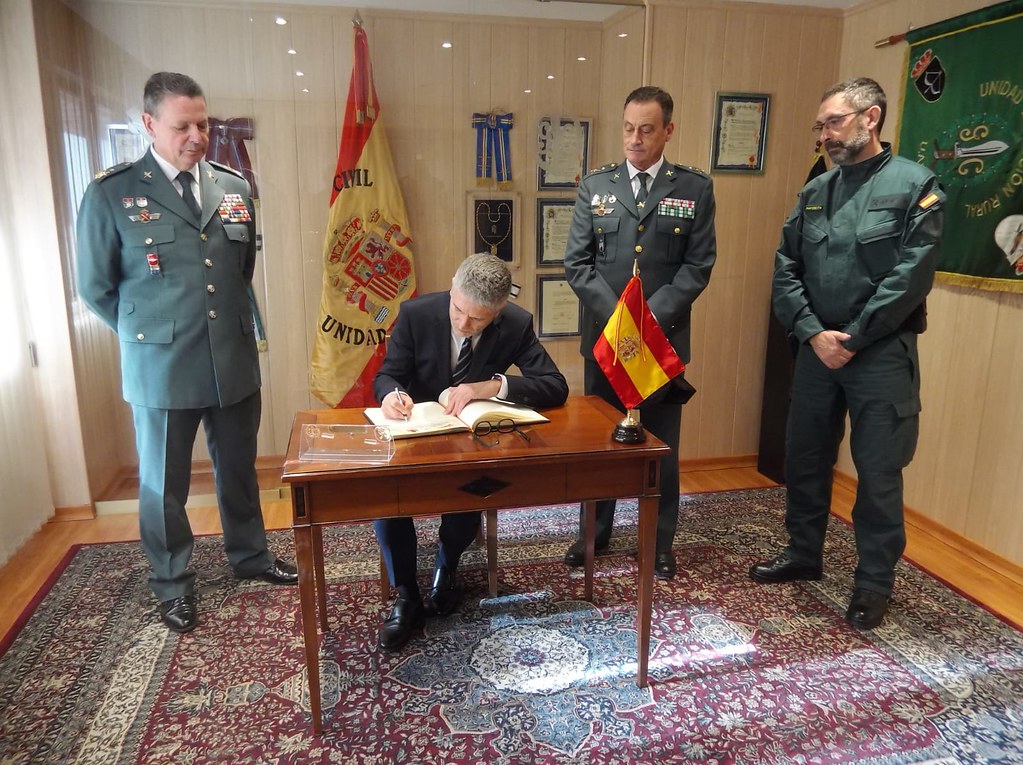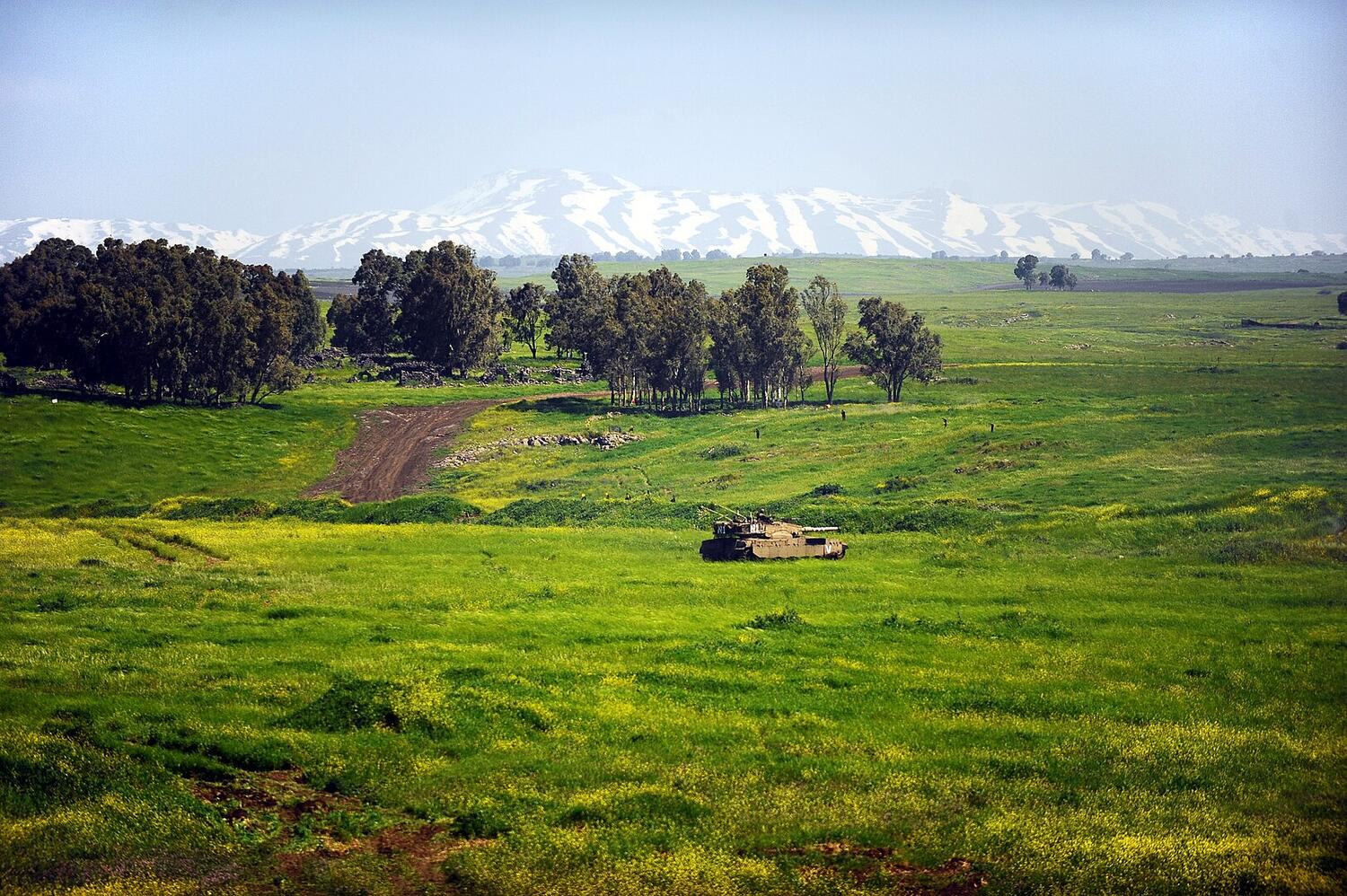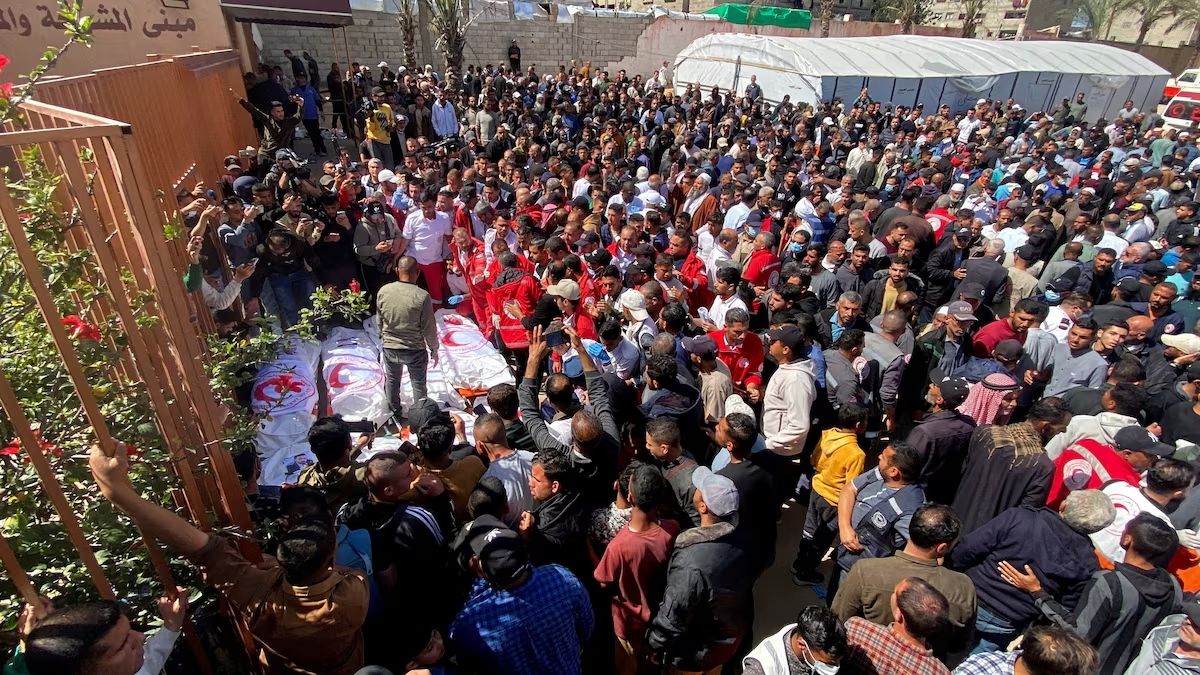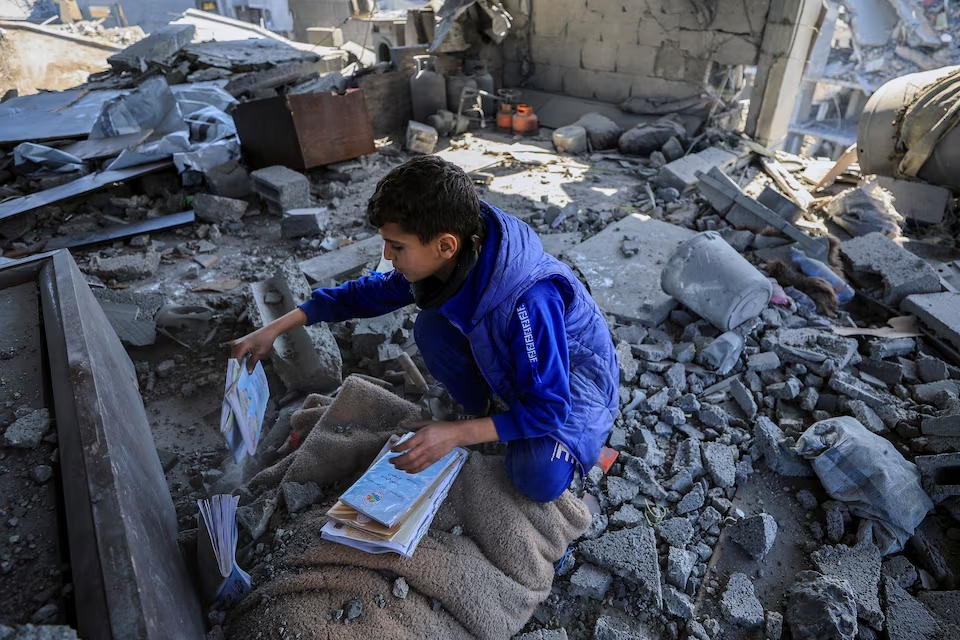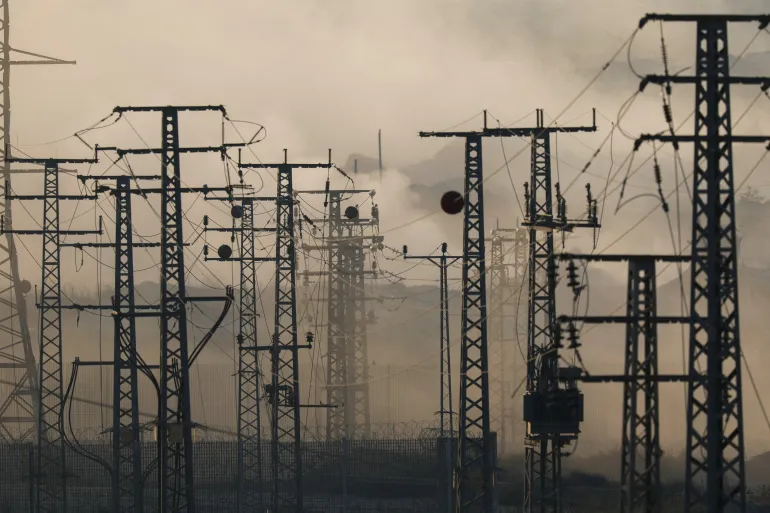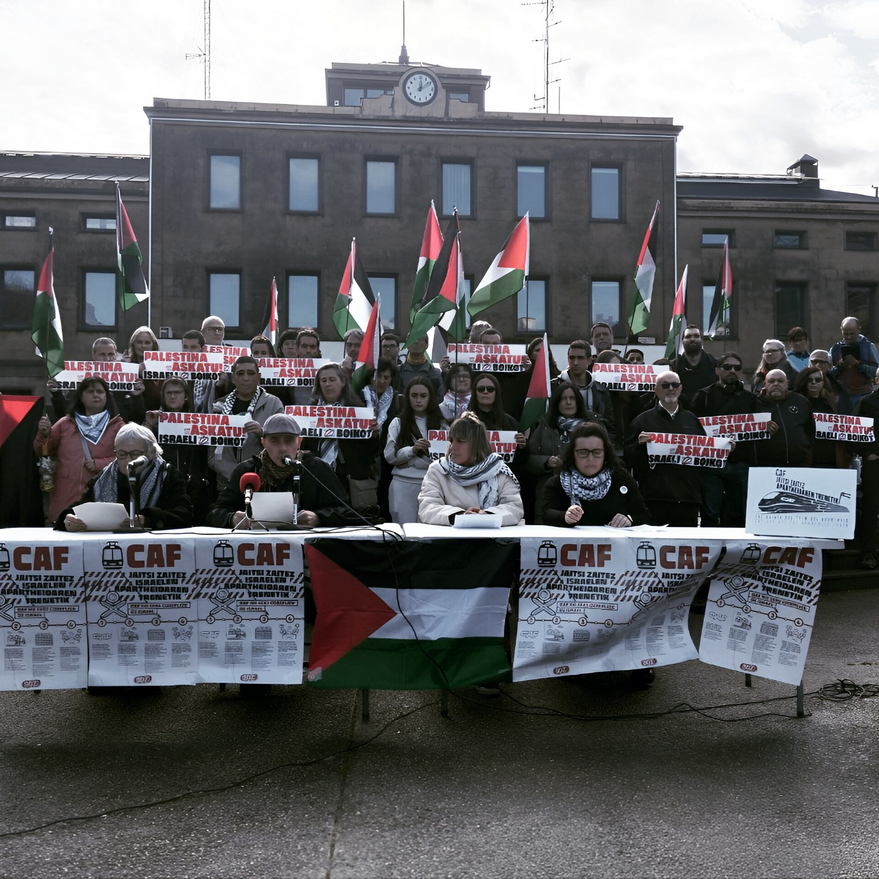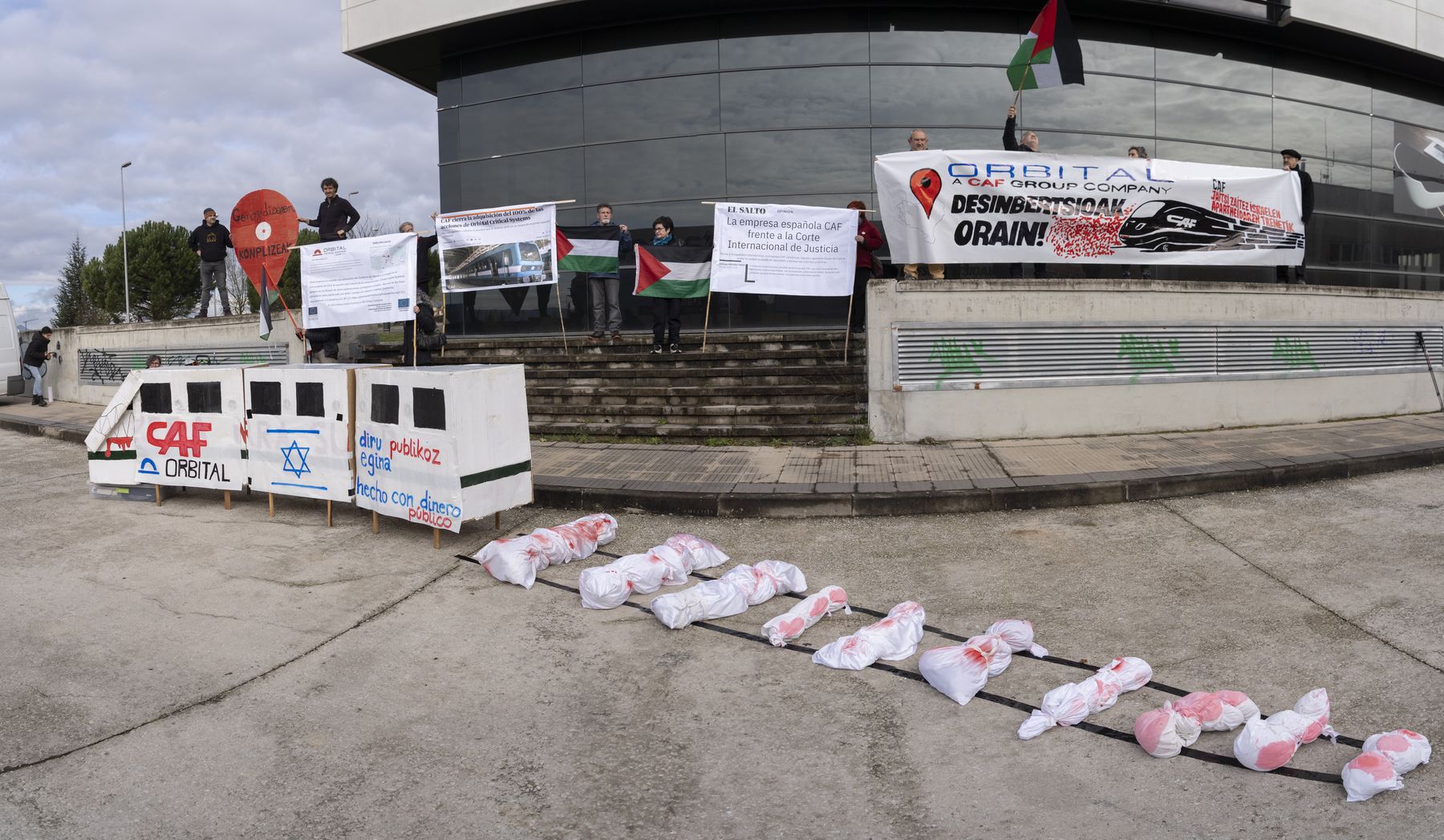Understanding Israel to Fight Zionism
- How has Israel been built? What account have you made of your story? How do you understand your war policy, the calculated genocide of the decades of the Palestinians, the unconcealed everyday cruelty, the messianic expressions of its leaders, that ongoing attack in the name of the defence? We will look at the historical myths of Zionism that Israel has built, pointing out its contradictions and cracks, until it reaches today’s Israeli society. We will make the way mainly with Ilan Pappérez, probably the most famous anti-Zionist historian in Israel.
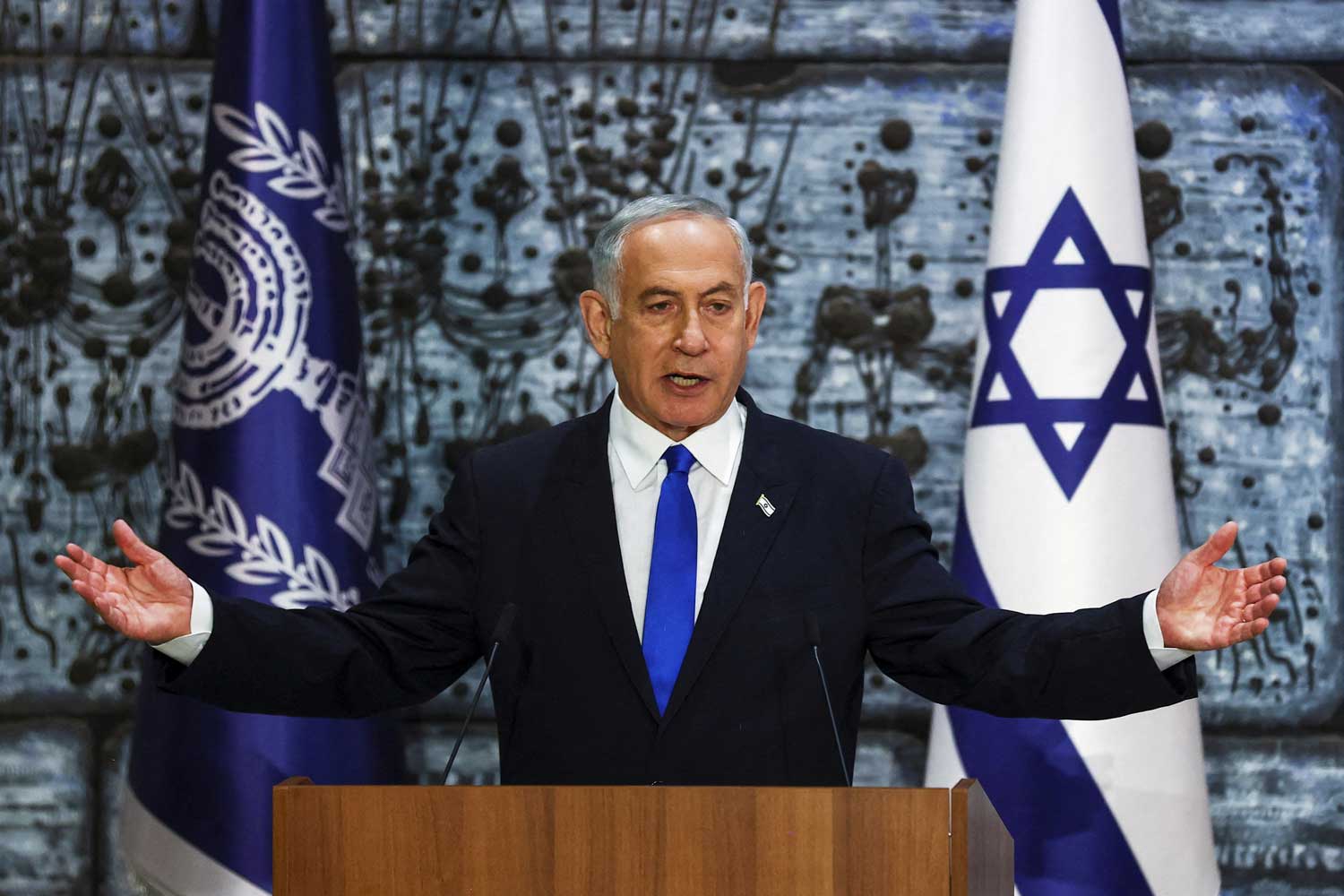
Israel will be the only country in the world where, if two people stumble on the street in a distracted way, instead of asking for forgiveness as an unconscious reflex, in a threatening gesture that will take them out of their chest.” When I heard what 2002 was, I met Gabriel in Argentina. Gabriel was a Jew who lived in Israel and was going to return for employment. On our long trip to Ushuaia, we were three or four times in buses or accommodations, among backpacks like us. “In Israel, if you play a football match between friends, you get into the game,” he told me. On the same journey, from time to time, we also joined a group of young Israelis. They started playing football and they made sense of the previous statement. Gabriel gave me the image of a militarized society of the State of Israel, aggressive both inside and outside the house. He also explained to me this aggression, which had its origin in an idea that would be a consensus among Israeli Jews: In the Holocaust the Jews accepted genocide as docile sheep, something that will not be repeated.
In November 2023, photographer and filmmaker Ariel Feldman Gaza: He published his article on Zionism, Judaism, racism and barbarism (Gaza: Zionism, Judaism and barbarism) in Jacobin magazine. Feldman is a 44-year-old Jew born in Israel. As a young man, he moved to Argentina, but has returned to his country several times. When the school was about to finish, she thought about doing college studies in Israel. But I didn't want to do three years of compulsory military service. One of the options was to start learning and then make consciousness an obstacle. “But an Israeli friend told me it didn’t make sense to do so, because it would never really be part of Israel, because the army was the country’s emotional and cultural backbone. Military service is the rite of travel for the adult and citizen life of Israelis.”
The treatment that Zionism gave to the Jews who survived the Holocaust and those of the Arab countries can serve to represent what they give to the Palestinians.
Feldman's warning we do it: “There is nothing of its own, ontological in the genes of any people that actually crashes or prepacists. But there are ideological movements and forms of political organization that end up being so.” Zionism is the ideologically-political basis of the State of Israel.
History as the axis of Zionism
The Idea of Israel. A History of Power and Knowledge Ilan Pappé published a great book in 2014. The book analyzes the story that Zionism has built to justify the state of Israel and its “colonial” project, comparing it with historical reality.
Zionism built a historical unit for a historical period of almost 2,000 years: d. C. From the 1970s, Jewish exile by the hand of the Romans, until 1882, the official founding date of Zionism, the physician León Pinsker in German Auto-emancipation. (Self-emancipation). The Zionist historians wanted to show that the Jews always remained in Palestine in one way or another, and that there was always a desire to return to the homeland in the Jewish diaspora, spread all over the world. According to Papper, the tests are very weak: “They are equivalent to a statement that in the history prior to Zionism the Jews had an unconscious desire, which at that time the Jews themselves did not know, to return to Palestinian territory.” To this we must add that, although it is beyond Pappérez’s analysis, in the first few years the possibility of building a Jewish state in other territories within Zionism, such as Argentina or Uganda, was also discussed, questioning the idea of the historical destiny of the return to Palestine.
Zionism attributed to the claim of the State of Israel the character of the liberation movement of the Third World
“The movement of people without land, reaching a land without people.” This was one of the great slogans of Zionism when it came to defining itself. But when by the end of the 19th century the first Jewish settlers began to arrive in Palestine there were people, also towns and cities, and they were mainly Arabs: the Palestinians.

1948 war
In 1948, Prime Minister David Ben-Gurion officially proclaimed the creation of the State of Israel in Tel Aviv. That era is the “hard core” of Israel’s history, according to Pappérez: “End of the teleological process of resolution and recognition of the Jewish People”. Zionism, in order to take advantage of the global political context, gave the claim of the State of Israel the character of the liberation movement of the Third World. He placed at the centre, on the one hand, the “independence” prior to the British Empire, and the liberation of Jews from all over the world “from the yoke of diaspora”. It marginalized the Palestinians and the adjacent Arab countries. In this account there was no room for the Palestinian “catastrophe”, Nakba. However, according to the UNRWA of the United Nations, 711,00 Palestinians were expelled from the country and currently there are 5.9 million people refugiadas.Fueron
a few years of conflict for the Zionists, who beat the British and the Arab countries in the area. The Birth of Israel by Israeli journalist Simha Flapan in 1987: The book Myths and Realities was published. In the book Flapan, which analyzed and rejected the six main myths of historical Zionism, we gather four of them.
Myth: Israel adopted UN resolution 1947, which provided for the Palestinian State, which would cover more than half the territory. Reality: Ben-Gurion only interpreted the resolution as legitimizing the Jewish state, the limits of which would be decided by Zionism. Myth: In 1948 all the Arab countries were united to end the Jewish state. Reality: Iraq and Transjordan, the major Arab power then, sought agreements with the new state, and Ben-Gurion signed a secret agreement with Jordan, agreeing that when the British left, Palestine and the West Bank would go under the control of Jordan. Myth: the Palestinians left their homes and lands under the orders of their leaders and the Arab countries, and then fought against the Jewish state. The reality: the Zionist authorities decided to expel the Palestinians “by all means”. Myth: At the end of the war, Israel opened its hand to the Arab and Palestinian countries to build peace, but they refused. Reality: Egypt, Jordan, Lebanon and Syria sought agreements that were recognized by the State of Israel.
Holocaust sionization
If anything conditions the installation of any bathroom to the State of Israel, it is the Holocaust. Zionism turns any criticism into complicity of anti-Semitism and genocide. The Jewish post-Zionist current that emerged in the 1990s dared to break the taboo. The post-Zionists revealed three realities that upset the story sionista.En one principle, the
goal of the Nazis was to eliminate the Jews, not to exterminate them. During this time, Zionism sought agreements with the Nazis, as it was a functional policy of expulsion to bring Israel to the Jewish settlers.
In the 1930s, Jews around the world called a boycott of Germany. The only Jewish community that did not join Boycott was that of the Zionists.
For example, in the 1930s, Jews around the world called a boycott of Germany to denounce the country's anti-Semitic policies. The only Jewish community that did not join Boycott was that of the Zionists. Moreover, the Zionists signed an agreement with Gestapo: “The Zionist movement, in exchange for not joining the boycott, would allow the German Jews to liquidate their companies and their assets and carry the money with them when they leave for Palestine.” The agreements and respect ended by discovering that Hitler had begun a policy of extermination.
Another tactic of Zionism was the “sionization” of resistance. In various fields of ghettos and concentrations there was a Jewish rebellion. Those who stood up presented them as models and antecedents of those who would then build the State of Israel, as if they were part of the Zionist movement. But the causes of the uprisings were diverse. For example, some of the rebels in the Warsaw ghetto were anti-Zionists.
The other side of the coin of the mountaineering was contempt for survivors. Contempt? “The Jewish state was based on the concept of ‘new’ Jew. It was said that the victims of the holocaust went to the slaughterhouse like sheep. They were 'old' Jews, Pappe explains. He adds: “Nothing could mitigate this negative image. The fact that one third of the soldiers were Hitler’s survivors who fought in the war of Israeli independence [1948], and some of them, certainly, rebelled, was not enough to improve it.”
-Auschwitzeko-kontzentrazio-esparrua,-1944.jpg)
This contempt did not prevent survivors from using Zionism against their will. After the end of the Second World War, the Zionists linked the Holocaust to the need of the State of Israel. They assured the world that the desire of all these Jews was to build a new life in Palestine. To this end, the Zionist movement strongly pressured the survivors, who were still in camps in Germany, to sign or publicly express that desire. However, according to the British and American camp commanders, most wanted to travel to Britain or the United States.
The use of the holocaust would extend to the present day: “The authorities tried to retraumatize a newly constituted Jewish society and keep alive the permanent fear of a second Holocaust.” For what purpose? Keeping society "in permanent gravity", "forcing a nation to be permanently in arms".
What about the Palestinians?
The Zionist account has mainly linked the Palestinians (and the Arabs in general) to one word: the terrorist. But that imaginary the Palestinians started feeding long before the armed groups or the Zionists created the state of Israel.
Many of the settlers of the Second Aliya or Great Migration (1904-1917) surprised the Palestinian discovery in Palestine – recalls the motto: “The movement of people without land, reaching a land without people.” Palestinians were described as “foreigners” who should not be in the homeland of the Jewish People, by “savage”, “unpleasant”, “strange” people, because of their language, clothing or customs.
At the time of the British Mission (1917-1948), the designation of the Palestinians as a raa hola (a perverse disease in Hebrew) became common, and the Zionists already “seriously valued” the possibility of expelling the Arabs of the country.
Golda Meier, former Prime Minister of Israel: “We will never forgive the Arabs what they forced us to do to them”
In 1917, after the Balfour Declaration, the Arab protests were unleashed in the country. According to Zionism, it was then that it began to “seriously provoke terror”, and from then on it has continued to increscate without interruption. Why? There is no explanation, according to Zionism. There is no link between colonial violence and any kind of Palestinian resistance (all resistance is terrorism). On the contrary, the Jews reach out to the Palestinians and receive terrorism. Because terrorism is “a characteristic feature of Arab culture and life”.
In the Zionist account, the war against the Palestinians is a defensive response. A sometimes painful response for the Zionists, but essential. This is referred to in the bitter phrase of Golda Meier, former Prime Minister of Israel: “We will never forgive the Arabs what forced us to do them.”
What about the Arab Jews?
The Arab horseshoe is also directed against Jews coming to Israel from the Arab countries. As with the survivors of the Holocaust, Zionism has used two apparently contradictory but substantially complementary tactics: Press to return to the State of Israel, once reached, reject.
In 1952, two members of the Zionist movement were hung from the clandestine neck of Iraq. They were tried for explosives against Jewish interests to create fear for Iraqi Jews and decide to go to Palestine. The operation of bringing the ‘oppressed’ Jews from Iraq to the State of Israel bears a weight in the Zionist account, Pappé explains, as does bringing the survivors of the Holocaust.
In 1952, two members of the Zionist movement were hung from the clandestine neck of Iraq. They were tried for explosives against Jewish interests to create fear of Iraqi Jews and decide to go to Palestine.
Israel sent a double message to the international community: the Palestinians leave Israel voluntarily, the Jews of the world come voluntarily. We have already talked about the will of the Palestinians and the survivors of the Holocaust. He investigated Tel Aviv sociologist Yehouda Shenhav, a Jew who lived in the Arab countries. Shenhave denounced that, with the direct testimony of the migrants, the Zionists took advantage of “barbarism and persecution” for people outside their countries to Israel. The aim was to put the demographic balance in favour of the Jews against the Palestinians and to replace the cheap labour force of the expelled Palestinians. In fact, microns (Jews from Arab countries) have been excluded since the creation of the State of Israel, rather than the askenazias that govern (those that have arrived from Eastern Europe). Microns were unreliable, dangerous and their “dearabization” became a recognised priority objective. “Will we be able to raise these immigrants to the level of Western civilization?” said Golda Meier. “If it had not been for the Holocaust and the small number of migrants arrived in the West after 1948,” says Pappé, Zionists would prefer Israel without Arab Jews: “As the Jews arrived in Israel, a solution was given to this dearabized port.”
.jpg)
From postsionism to neosionism
The political project of Zionism, its global values and concepts, has had an absolute hegemony among Israeli Jews since the creation of the State to this day. On the right as well as on the left: we must not forget that the Labour Party ruled during the whole period 1948-1977. But, as in any colonial project, there have also been internal dissidents since the beginning, few exceptions that have paid for treason at an expensive price. In the 1990s, the situation changed.
The post-Zionist movement reached spectacularity in the 1990s. There came from the critical Zionists to the anti-Zionists. At that time, for internal or external reasons, possionism had the ability to question some myths of Zionism and open the debate outside its scope. Precisely the post-Zionists are in this report the researches and viewpoints opposed to the official account of Zionism. The movement had a short life, but: The Second Intifada erupted in 2000 and since 1948 the mass mobilizations of unseen Palestinians had a “devastating effect” on post-Zionism. “After a few weeks, the Union’s new speech was devoured by all,” including almost all post-Zionists and anti-Zionists.
The development of a new version of Zionism begins in Israel: neo-Zionism, “a purely nationalist, racist and dogmatic version of Zionist values”
In the second half of the same decade a new version of Zionism, “a purely nationalist, racist and dogmatic version of Zionist values”, began to develop in Israel, according to Papper. The starting point was the Shalem Center, founded in 1996 with money from the office of the Prime Minister and some United States patron Jews.
In Pappérez’s words, the Shalem Center and its members were in principle “esoteric” or “pathetic” in the eyes of most Israeli Jews; before the age of ten, their agenda had become “the idea of Israel in the twenty-first century.” In the early 2000s, the values and perspectives of neo-Zionism dominated education, institutional policy or scope legislativo.El classical Zionism and neo-Zionism basically coincided in the
colonial project and in the treatment of Palestinians. The unit was solid but not complete: “Although classical Zionism and neozionism seemed to collaborate politically well, they clashed culturally.” Classical Zionism was situated in the tradition of western modernity, the Enlightenment, humanism or secularism; neo-Zionism centered Jewish religion and teleological vision.
That's the year of the publication of the book Israel 2014, which Pappé describes. But we're in 2024.
| The European problem |
|---|
It would be unfair if, in trying to understand Israel, at least a few lines were offered to Europe. Because Israel is a problem created by Europe for the Palestinians. A few weeks after the last anti-Gasist genocide, the philosopher Carlos Fernández Liria interviewed on his Youtube channel an expert in the Arab world Santiago Alba Rico. Genocide against the Palestinians is “the fruit and continuation of European anti-Semitism”, according to Alba. This anti-Semitism is centenary (England eliminated the Jews in the 13th century, Spain in 1492...), responds to a “European project of expulsion and extermination” and has at some moments primed expulsion, in others ex-prison, or used both at the same time. “Zionism is one of the names of the expulsion project,” says the philosopher, and explains that Zionism was initially “very bad” for many Jews, because the expulsion was “complicit” in that project. Europe only accepted the Jews as Europeans from a certain moment: When they left Europe. The project of the State of Israel is inseparable from two conditions, according to Alba: “We Jews flee from Europe, we will become their outer strength in the Middle East.” The worst thing Europe can do to cleanse its responsibility is “to outsource sins”, “for the State of Israel to do with other peoples what you have done with the Jews”. |
Internal civil war in Israel
On November 19, 2023, a month and a half after the October 7 offensive in Hamas, Pappé delivered a conference at Berkeley University in the US. In the first part of the speech, the historian spoke about the situation of Israeli society before the attack. Hundreds of thousands of Israelis emerged every weekend during the demonstration against the constitutional reform that the Netanyahu government wanted to carry out. If the reform were carried out, “the political powers would have absolute control of the judicial system, and the public space would be much more controlled by messianic and religious Jewish groups,” the historian explained.
Israeli Jews were in full “internal civil war” before 7 October, according to Pappérez, between the projects of the “Jewish State and the State of Israel”. The Jewish State project is primarily driven by the settlers of the West Bank, “a combination of messianic Judaism, Zionist fanaticism and racism.” The State of Israel is represented by Tel Aviv, “pluralist, democratic, secular, and most important, western or European”. It seems, therefore, that the cracks between classical Zionism and neosinism mentioned above have become a chasm in the last decade.
Israel's internal struggle is between two models of apartheid: one religious and the other secular
But the union around the colonial project remains total. The answer of the two warring parties is the same when asking about occupation: the issue is not important because there is no problem. In the last four years there have been four elections in Israel. “No one mentioned the issue or the Palestinian occupation. The Israelis were not asked to vote on this issue, because it was no longer a problem.” The struggle within Israel is therefore “between two apartheid”, one religious and the other secular.
Occupation was not a problem until the attack of Sixteen. “The attack was so violent, so devastating, that all internal debates have been forgotten, and everyone is united around the army to begin the current plan for the invasion of the Gaza Strip and to delve into what was already underway: genocidal policies. I think it is an optical illusion that the internal conflict in Israel will not disappear. He'll come back. I don’t know when, but he’ll come back.”
In the meantime, the Palestinians continue to suffer an acceleration of the unconcealed genocide, broadcast live on television, with the support of Israeli society and the major Western states and authorities. And they are only problems to solve when they raise problems that further aggravate their situation, as happened on 7 October. The Palestinians have long proposed what to do to break the vicious circle: the boycott.
Egypt ' s urban planning plan for the Gaza Strip has recently been expanded. A drawing shows the streets, buildings and imagery of the future on a reality that still smells of shrapnel and explosives. The urban planning proposal, used as another bomb shot. Individual house... [+]
Asteartean menia apurtu zuenetik gutxienez 650 palestinar hil dituzte sionistek, Al Jazeeraren arabera. Netanyhauren gobernuak Shin Bet zerbitzu sekretuetako buru Ronen Bar kaleratzeko erabakia hartu du, baina Auzitegi Gorenak kaleratzea geldiarazi du.
Israelek Gazarako su-etenaren urraketa ugari egin ditu urtarrilaz geroztik: zerrendako palestinarrak oinarrizko laguntzarik jaso gabe egon dira ia astebetez, eta Netanyahuk azken egunetan mehatxu egin ondoren, argindarrik gabe utzi ditu orain. Dohan ordezkari estatubatuarrekin... [+]
Asteburua baino lehen lau gatiburen gorpuak itzuliko ditu Hamasek. Horrela, Gazarako su-etenaren lehen faserako adostutako preso truke guztiak gauzatuko dituzte Israelek eta talde palestinarrak.
Larunbatean egindako prentsaurrekoan adierazi dute manifestazioa ekainak 14an Donostian egingo dutela. 130 kolektibo, alderdi politiko eta sindikatu batu zaizkie eta "atxikimendu kanpaina oraindik zabalik dagoela" gogorarazi dute.











